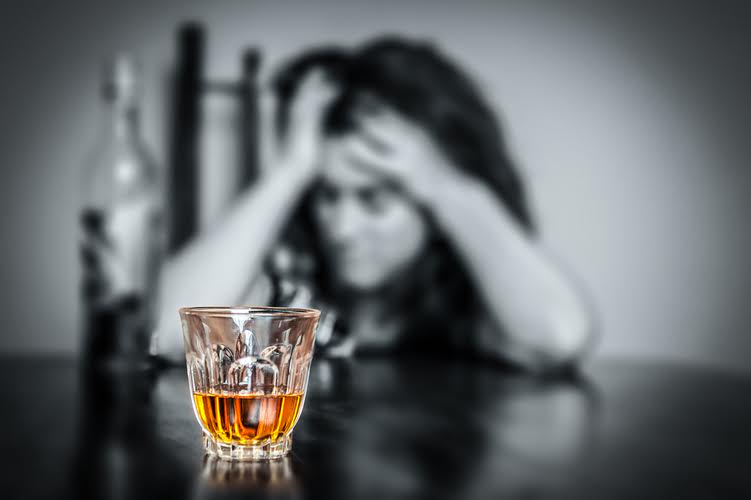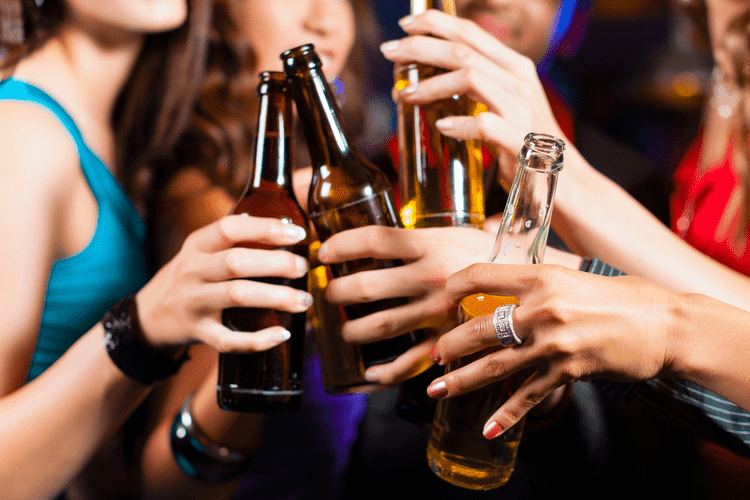Mobile Development Online Training Courses LinkedIn Learning, formerly Lynda com
October 4, 2023
GIFA 2023
December 2, 2023Triggers can come in many forms, and they’re different for everyone. Maybe you even found yourself in Sober living house legal trouble due to your drinking. Everyone has their own reasons why they stopped abusing substances. You’re not going to look like a jacked fitness model after a month of eating well and going to the gym. And you’re not going to be transformed into a happy, mentally fit superhuman just because you stopped drinking alcohol for a few months. For many people struggling with alcohol abuse and addiction (myself included), the answer to those questions might not be obvious.
Be proactive. Learn HOW to feel better in sobriety.
Without alcohol to numb emotions, you can face and process feelings in a healthier way, leading to greater stability and fewer mood swings. Many people living with addiction end up damaging relationships with the people they love. Fortunately, sobriety allows you to repair and improve some of your most important relationships. You will learn how to handle your own emotions,set healthy boundariesand is life better sober form true connections with others. The year 2020 is a great new opportunity to continue growing and learning in sobriety. Addiction recovery isn’t always sunshine and roses, but a little bit of help and support can go a long way.
When someone becomes sober, they will be more alert and feel sharper. When someone is an alcoholic, they spend a significant amount of money purchasing alcohol. When they become sober, a recovering alcoholic will have this amount of money at their disposal. They are in a better state of mind and can make better financial decisions. Having this extra money will provide many new opportunities. It is common for recovering alcoholics to struggle with speaking to people.
How to Quit Cocaine: Overcoming Addiction & Withdrawal Symptoms
Instead, you are likely to find yourself surrounded by new friends who make you smile and are eager to get together for a variety of social activities. Sobriety helps prevent you from saying things you don’t mean, acting in ways you normally wouldn’t and making poor decisions that negatively impact your relationships. Some recovery programs also have access to family therapy orsupport groupsspecifically for loved ones to help them cope as well.
Increased Mental Clarity
When drinking, their problems seemed to go away, but it was an illusion. A sober person is developing the skills necessary to resolve their problems and not just ignoring them. Thriving in sobriety is a lifelong journey, but one filled with incredible rewards. Without alcohol, the brain starts to heal, gradually restoring the natural function of neurotransmitters responsible for mood regulation. This process doesn’t happen overnight, but many report a significant decrease in their anxiety levels as they continue to live alcohol-free.
- I was stressed out all of the time and had no healthy coping mechanisms for that stress.
- Things that happen in life may feel as if they’re too difficult to deal with without the effects of a substance.
- Being sober makes you more you, and people love that version of you.
- Regular drug testing and the community’s encouragement provide extra layers of accountability, further protecting your sobriety.
- Mark from Alcohol Change UK also noted that sobriety gave him space to invest in his partner in a real way, leading to an engagement.
It might sound counter-intuitive, but drinking or using drugs really isn’t that much fun. Think about it – being intoxicated might feel good for a while, but are you really enjoying yourself? Being sober lets you push your boundaries and have fun in ways that aren’t possible when you’re drunk or high. You can travel to different places, try new things, and just be present in your life – and that’s always more fulfilling than checking out with a drink. It’s not hard to see why people get more done when they’re sober.
Sober Living Homes Austin: Your New Start in a Supportive Environment
A sober life is often anything but boring; in fact, it opens the door to experiences that substance abuse once clouded. Without the distractions of drug use or drinking alcohol, many people find deeper connections with loved ones, explore new hobbies, and build a stronger sense of purpose and wellness. Living alcohol-free allows for greater physical health, emotional stability, and mental clarity, making everyday moments more meaningful. Instead of chasing temporary highs, a sober lifestyle helps cultivate lasting joy, authentic relationships, and a true sense of well-being.
Addiction Resources
It derives from the original concept of AA, which is that each individual has 24 hours of sobriety. They come and enjoy the benefits of living without the substance so much that they don’t feel the need to use drugs or alcohol. Therefore, they abstain from using it to continue enjoying this new and healthier lifestyle. When you live a sober life after an addiction, your overall health improves greatly. This is because you no longer attack your body by putting dangerous amounts of toxic substances into it. Sober living homes provide a structured environment that supports recovery and personal growth.
Refer to why you quit substance abuse during the difficult times, or even daily if that’s helpful to you. There are a lot of things that happen naturally when https://ecosoberhouse.com/ you quit drinking alcohol. You feel better (at least you SHOULD) because you’re not hungover and laying at death’s door every other morning. Happiness, success, peace of mind, family, stability – these are the goals. For those of us who abuse alcohol, sobriety is the only vehicle by which we can achieve any of these things. Chronic alcohol use can impair your cognitive functions, affecting your memory, attention, and problem-solving skills.
Being sober can help individuals save money and make better financial decisions, leading to more financial stability and independence. Physiologically, the brain begins to heal when substance use stops. Neuroplasticity improves, allowing the brain to form new connections and heal damaged pathways. People report improvements in memory, concentration, emotional regulation, and overall mood (niaaa.nih.gov). It’s not uncommon to feel like you’re running on a treadmill, getting nowhere, but feeling emotionally and physically exhausted.



